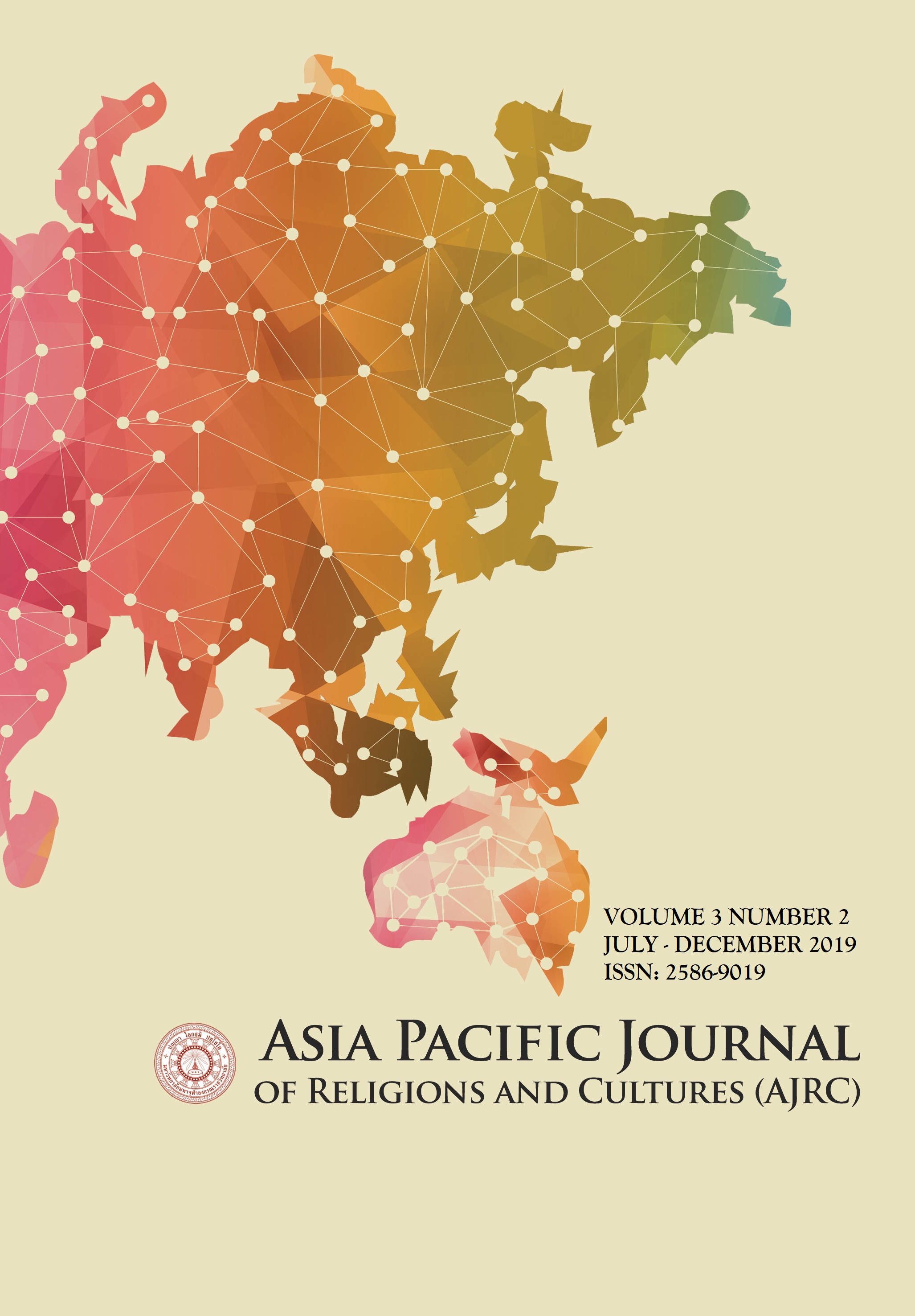Development of Academic Achievement using Cooperative Learning with STAD Method in the Course of Administrative Law for Public Administration
Main Article Content
Abstract
The purposes of this research are (1) to develop academic achievement using cooperative learning with STAD method and (2) to study student satisfaction using cooperative learning with STAD method in the course of administrative law for public administration. 68 students in the public administration major, who study administrative law in the second semester of the academic year 2017, were selected as samples by using purposive sampling. The researcher conducted the research using a collaborative learning plan with STAD method, then collected the academic achievement test and the student satisfaction questionnaire. The statistics used in the research were frequency, percentage, mean, standard deviation, and T-test. The study indicated that The students' development of academic achievement using cooperative learning with STAD method was higher after learning than before learning at the level of .05. The student satisfaction using a collaborative learning with STAD method is at the highest level. When considering each aspect, the most valuable aspect is the learning atmosphere, followed by the benefits, contents, and activities.
Article Details
References
Boon-agaat, W. (2013). The results of STAD collaborative learning management on achievement and mathematical thinking skills of Prathomsuksa students 6. Thesis, Curriculum and Instruction Rambhai Barni Rajabhat University. Buabangplu, L. (2011). The results of the study were as follows. Bangkok: Rajabhat Suan Dusit University. Butudom, T. (2009). The development of a plan for learning activities on the topic of equations and solving equations for mathematics course of sixth grade students using cooperative learning with STAD method. Independent Study. M.Ed., Mahasarakham University. Chaitieng, A. (2007). Principles of Teaching. (4th ed.). Bangkok: Odeon Store. Chan-Daeng, S. (2013). The results of collaborative learning management on academic achievement and interoperability. Science The sixth grade students. Veridian E- Journal, 6(2). Chatmontri, P. (2007). Development of a cooperative learning management model using cooperative gardening. Mathematics Education 1. Master of Science Ubon Ratchathani University. Dechthongchan, S. (2015). The development of achievement of the local administration students compared the teaching and learning plan by using cooperative learning with the STAD method. Dhurakij Pundit University. Rangapthuk, W. (2011).Techniques and learning activities that focus on learners. Bangkok: Prigwan graphic.
Slavin, R.E. (1990). Cooperative Learning : Research and Practice. Englewood Cliffs, NJ: Prentice-Hall. Suayroop, A. (2013). The academic achievement of students in mattayom 1 in computer information technology course with cooperative learning using STAD method. Faculty of Education, Kasetsart University. Thepnuan, D. (2013). Development of behavioral relationships among individuals and the responsibility of academics at Rajamangala University of Chiang Mai. Using group teaching methods. Chiang Mai Rajabhat University Annual Report, No. 2 (April-September 2013). Thongraya, K. (2014). The results of the learning activities using the STAD cooperative learning model. Rajamangala University ofTechnology Thanyaburi.


